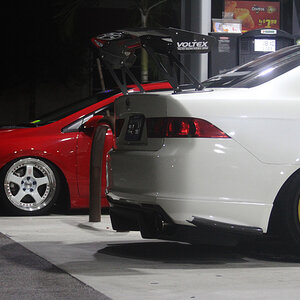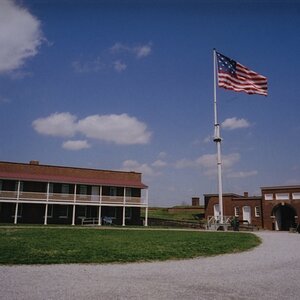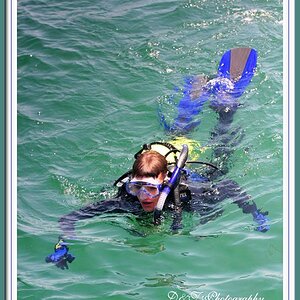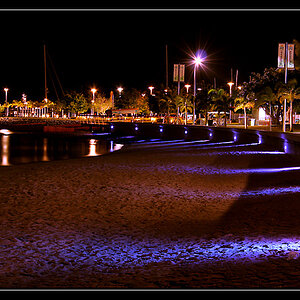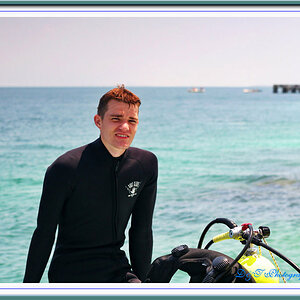Solarflare
No longer a newbie, moving up!
- Joined
- May 24, 2012
- Messages
- 2,898
- Reaction score
- 395
Newsflash: the fastest computer in the world has the compting power of, I dunno, maybe an earthworm ?#10 IF you are truly a newbie, this is going to hurt: Your new modern DSLR camera is a heck of a lot smarter than you are at this point. Over a hundred years of knowledge has been programmed into your camera.
Your camera ? Forget it. Its absolutely dumb.
Even less DSLRs. Compact cameras, some of them have quite nifty automatic modes. DSLRs ? Not the point of that camera to do the thinking for you, so their AUTO modes arent that great anyway.
And all that a camera has to decide about is four variables: aperture, shutter speed, and sensor speed, plus the focus throw. Theres a couple more variables in post processing, for creating the JPEG or TIFF or whatever, such as white balance, but those four variables are really all that has to be decided before taking the picture. Except special circumstances, like flash.
Also, knowledge of a hundred years ? Give me a break. We have computers in cameras for 20 years now, tops. Thats the maximum time people had to optimize their algorithms.
Dont begin your career by believing that you are already limited and need better equipment.
I used my D5100 for a 3/4 year before switching to full frame and never looked back. I dont care if I maybe still might not even match my D5100 in skill; photographing with my D600 is simply so much better, the image quality substantly increased, and the system much closer to my personal needs.#8 Until YOUR skill level outperforms your equipment, there is no real reason to upgrade.
I buy new hardware whenever I see the need for it.



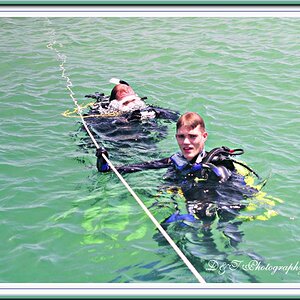

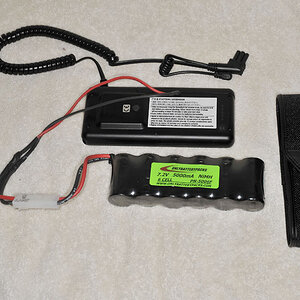
![[No title]](/data/xfmg/thumbnail/32/32926-ec27ecead8c80d803404500d8f888dbf.jpg?1619735754)
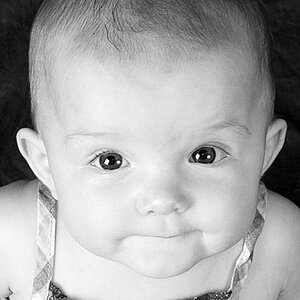

![[No title]](/data/xfmg/thumbnail/35/35868-15d995e4052bf05e2038e8b2a545a08f.jpg?1619737195)
